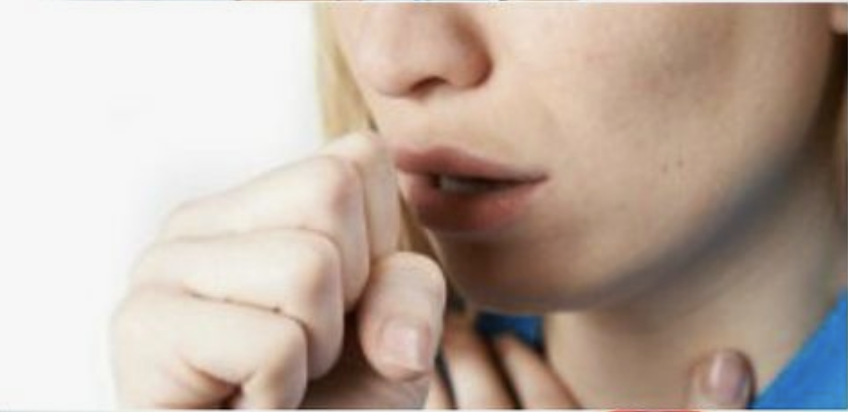May is Asthma Awareness Month. Spring is one of the peak seasons for asthma, so it’s important to be aware of its triggers. An asthma attack can be triggered by various allergens in your home. Eliminating these allergens is the first step in controlling your asthma. The allergists at NY Allergy & Sinus Centers are here to bring awareness to the common in-home asthma triggers and provide you with tips on how to reduce them.
Asthma Trigger #1: Tobacco Smoke
Tobacco smoke can trigger an asthma attack when irritating substances from tobacco settle in the moist lining of the airways. Inhaling these substances makes it harder for asthma sufferers to breathe. If you suffer from asthma, minimize your exposure to tobacco smoke.
You shouldn’t smoke or be around others who do. Don’t let visitors smoke in or around your home. Second-hand smoke can easily trigger an asthma attack. If it’s not possible to avoid tobacco smoke in public, remember to remove your clothes as soon as you get home and wash them immediately. This will prevent you from carrying harmful substances into your bedroom.
Asthma Trigger #2: Cockroaches
Saliva, feces, and shedding body parts of cockroaches can trigger asthma. No matter how clean your home is, cockroaches have a way of showing up. It’s easy for them to get into small places and irritate your allergies. Cockroaches are a leading cause of asthma, so it’s important to try to keep them out of your home.
Avoid eating in your bedroom. Crumbs can draw cockroaches and other creatures indoors. You should also seal up any cracks or holes you have in your room as cockroaches can hide in them and stay around for days or weeks. Consider using a professional pest control service often to prevent these critters from entering your home.
Asthma Trigger #3: Harsh Chemicals
Cleaning products and other harsh chemicals can cause breathing problems. These chemicals are a leading cause of occupational asthma. According to OSHA, about 11 million workers are exposed to at least one of the numerous agents known to cause occupational asthma. When harsh chemicals and fumes make their way into your home, it can trigger an asthma attack.
If you clean often, we recommend using products with all natural ingredients and no harmful substances. For those who must use certain chemicals, wear a mask when cleaning. Your health will benefit from less exposure to harmful ingredients.
Asthma Trigger #4: Humidity
Breathing in humid air can narrow and tighten your airways. With tightened airways, it gets harder to breathe. That’s why it’s essential to reduce the humidity in your home. You can do this by simply running your air conditioner. During the colder months, use a dehumidifier to minimize humidity. The recommended humidity level indoors is below 60%.
Asthma Trigger #5: Airborne Allergens
Airborne allergens have a huge impact on asthma. This includes environmental and food allergens. Peanuts and fish are the main airborne allergens that trigger asthma attacks. Inhaling peanut dust or fish fumes can be dangerous for those suffering from asthma or allergies. It’s best to avoid these allergens to prevent an asthma attack.
Pollen can also affect your asthma. It’s easy for the small particles to enter your lungs. Try to avoid going outside when the pollen count is high to prevent bringing the allergen indoors. It’s also a good idea to talk to an allergist about long-term treatment for food and pollen allergies. At NY Allergy & Sinus Centers, we offer a variety of treatment options for your allergies and asthma. Just visit one of our six offices in New York City.
Meet The Physician Collaborator
Dr. Sima Patel is a doctor of osteopathic medicine. She is board certified by the American Board of Internal Medicine as well as the American Board of Allergy and Immunology. Dr. Patel is one of our highly qualified NYC allergists. You can schedule an appointment with Dr. Patel by calling or visiting one of our six locations throughout Manhattan and Queens.

